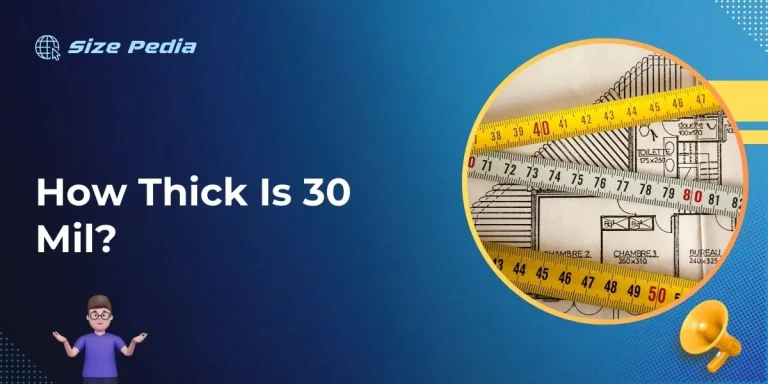How Thick is R13 Insulation? Unveiling Its Efficiency
R13 insulation typically has a thickness of 3.5 inches. This standard dimension fits snugly between typical wall studs. Understanding the thickness of R13 insulation is critical for homeowners and builders aiming to enhance energy efficiency. R13, one of the most common insulation ratings for residential use, strikes a balance between comfort and cost-effectiveness. Its 3….










